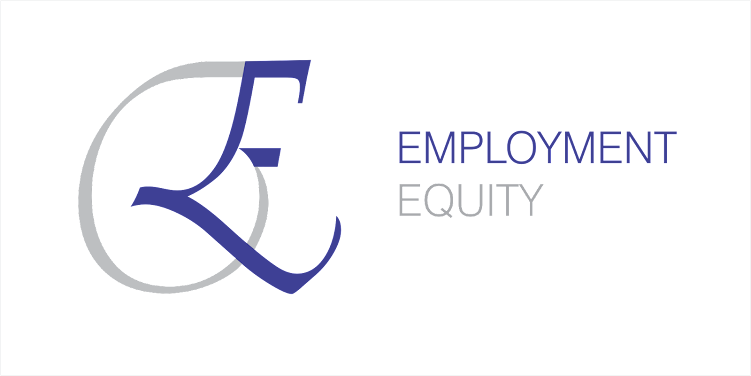We are an Employment Equity consulting and service organisation providing immediate employment equity implementation and compliance services to companies that are in the process of being subpoenaed, reviewed, audited, prosecuted, or have received a Labour Court injunction or Compliance order.
Our service aim is to obtain the most favourable results during postponement or settlement negotiations with the Department of Employment and Labour Director General. We continuously submit all completed and implemented requirements, reports, and evidence to the Director General, Board of Directors and Legal Representatives.
Designed to force compliance in 1576 person-hours, our intelligent management and Employment Equity Immediate Compliance system, Implementation speed is only conditional on the Organisation’s management team to perform 16 to 18-hour workdays, seven days a week, for the implementation duration.
We will implement 114 section and article requirements to comply with the Employment Equity Act, the Department of Employment and Labour Director-General Review Assessment recommendations, all the Codes of Good Practice and set up and training of the Employment Equity Forum.
We conduct a workplace-workforce analysis and create affirmative action strategies and measures for the Organisation’s procedural and operational systems.
Ensure all Job Titles and Occupational Levels are aligned to the Organisation’s Bargaining council, and compile and implement a vertical and horizontal remuneration policy to comply with the EE Act section 6, Section F, and the Code of Good Practice.
During implementation, we consult and provide employee access to the submitted and analysed workforce and workplace data and all relevant documentation and reports as required by the Employment Equity Act. We ensure that the Organisation and staff are POPIA and FICA compliant.
If the Organisation has a PI score of over 1000, all relevant King Commission requirements are compiled, implemented and presented to the Governing body.
A realistic three-year employment equity transformation plan with quarterly and annual targets for the Organisation is generated and submitted for approval. If the Organisation has more than one legal entity or branch, location or unit, we develop an EEA13 plan for each and a consolidated plan for the group.
On completion of implementation, our service level agreement with the Organisation terminates automatically unless the Board of Directors requests our continued assistance.
